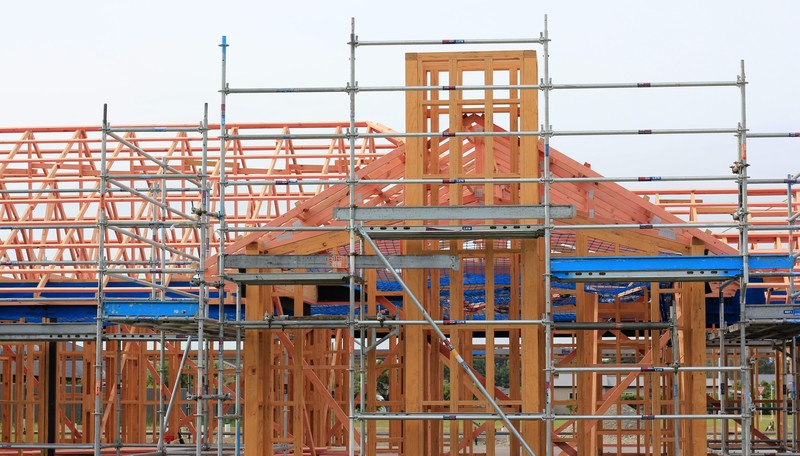Real estate developers say new rules aimed at boosting the housing supply may actually have the reverse effect.
Catch up: Developers are notorious for hating red tape, but they may have a point. On the assumption that foreign buyers were driving up real estate prices, the government imposed a two-year ban on the direct or indirect purchase of residential property by a non-Canadian.
- As of 2020, foreign owners make up no more than 5% of ownership in Canada’s big cities, while investor ownership ranges from 20% in Ontario to 32% in Nova Scotia.
The law doesn’t just restrict ownership of already-built homes but could limit foreign investment in construction too. Any developer that’s over 3% foreign-owned is considered non-Canadian and barred from buying residential property, even if it’s undeveloped.
- As it stands, the ban may also apply to commercial real estate, mortgages and leases, and even a minor ownership percentage could tank a development deal.
Why it matters: The foreign buyers ban was supposed to increase the housing supply by pushing foreign investors out of the real estate market, but the law’s wording seems to cover more than anyone previously expected—and could lead to some negative effects.
- Now, developers say construction is slowing down. Building Industry and Land Development head David Wilkes told Bloomberg, “deals are being left on the table.”
Zoom out: With the government aiming to welcome roughly half a million new Canadians to the country each year until 2025, the need for housing will only intensify. Work is currently underway to clarify the rules and their (potentially accidental) wide-ranging implications.
